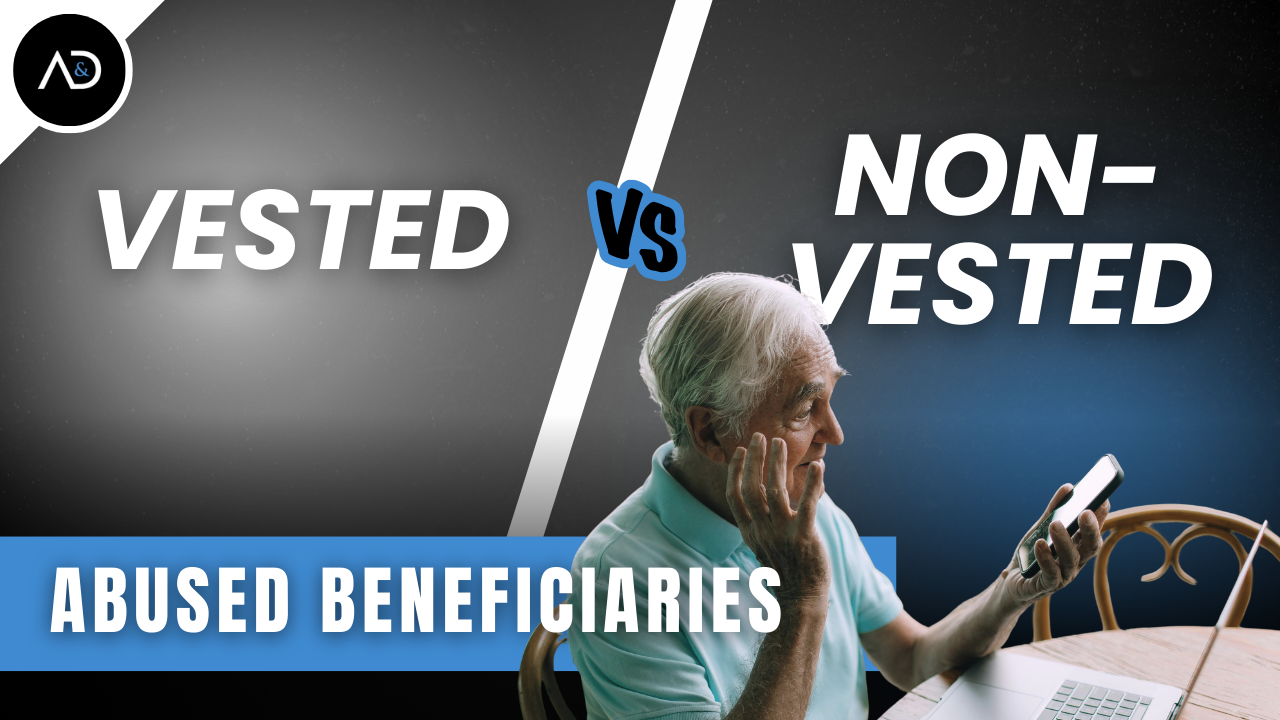
Digital assets are no longer minor side issues in estate planning. For many people, digital property such as cryptocurrency, websites, online businesses, podcasts, photos, and digital accounts can be just as valuable as traditional bank or investment accounts. The problem is that when digital assets aren’t properly planned for or administered, they frequently become the […]









